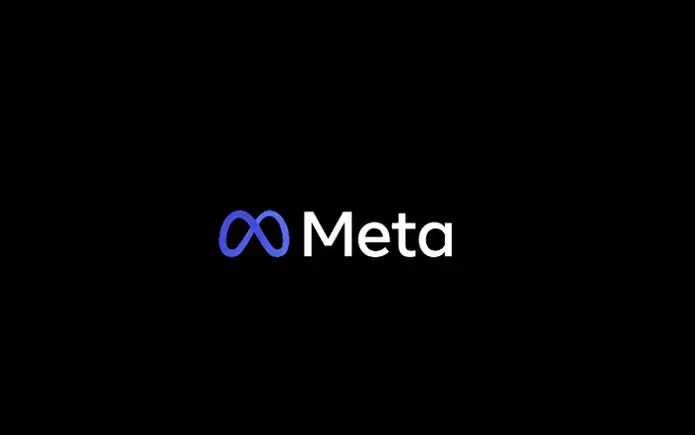The recent announcement from Meta regarding its new board members signals a significant pivot in the company’s strategy as it braces for the implications of Donald Trump’s anticipated second term as President of the United States. This move not only reflects a recalibration of Meta’s political strategy but also indicates a broader trend of how tech giants are adapting to the changing political landscape, especially in the context of increasingly polarized environments.
Meta has brought on three influential figures to its board, with UFC president Dana White being the most noteworthy inclusion. White’s close ties to Trump, exemplified by his vocal support at key Republican events, could elucidate Meta’s intention to mend its relationship with the incoming administration. Trump had previously threatened action against Meta and its CEO, Mark Zuckerberg, primarily in response to the suspension of his account following the events of January 6, 2021. In light of these developments, White’s association with the Trump campaign might serve to alleviate tensions between Trump and Meta, fostering a more collaborative environment.
Furthermore, the appointment of Joel Kaplan, a Republican and former public affairs lead at Meta, speaks volumes about the company’s direction. Kaplan’s advocacy for a hands-off approach to political speech directly contrasts with previous strategies that leaned towards limiting political content amid fears of stirring social discord. This signifies a conscious pivot towards accommodating Republican narratives as Meta seeks to navigate the treacherous waters of political discourse—a move that many expect will redefine the platforms’ content moderation policies.
Following Trump’s re-election, there are strong indications that Meta plans to reassess its restrictive measures regarding political communication on its platforms. The past year saw Meta implementing policies aimed at reducing political content visibility, which it labeled as a necessary adjustment to combat misinformation and divisive discourse. However, with the influx of pro-Trump influences now at the decision-making table, we may see a diluting of these policies.
Critics of Meta’s previous stance have argued that restricting political content only alienates users and stifles free speech. Moreover, with more than three billion active users across its platforms, Meta harbors tremendous political clout that it might choose to wield differently under the new board dynamics. The prospects of expanding the scope of permissible political dialogue can lead to greater user engagement, particularly as tensions rise in election cycles.
As Meta aligns itself with figures like Dana White and the political backing of the Trump administration, questions arise about the potential fallout from this strategic maneuvering. Historically, Trump’s controversial rhetoric has led to swift action from social media platforms, with numerous posts flagged or removed due to violations against community standards. The previously established checks and balances for moderating political content could come under scrutiny as Meta works to find a balance between business interests and ethical considerations.
Moreover, while Trump may have shifted some of his focus to platforms like Truth Social, Meta must still contend with the repercussions of enabling politically charged speech. The company’s decision-making will be tested during moments of crisis or when controversial statements are made. Upholding a free speech framework—especially for a figure like Trump—could not only restore user trust but also instigate backlash from advocacy groups pushing for accountability in digital platforms.
In essence, Meta’s recent board appointments can be seen as business-savvy, reacting preemptively to an environment where political affiliations play a significant role in user retention and engagement. In uniting under the banner of a pro-Trump narrative, the company could position itself as a facilitator of political dialogue, capitalizing on the intersection of media and politics.
However, there remains an underlying concern regarding the company’s ability to maintain objectivity amid mounting pressure from both sides of the political aisle. As Zuckerberg navigates these treacherous waters, the interaction between social media giants and political entities will inevitably evolve, sparking debates on ethics, censorship, and the responsibility of digital platforms in shaping political discourse.
As Meta adopts a more favorable stance towards the Trump administration and its affiliated voices, the ensuing path forward looks both promising and fraught with challenges. The blending of business interests with political maneuverings will demand a careful balance, one that Meta must embrace thoughtfully to avoid repetition of past errors while also aiming for profitability in an increasingly political digital age.

